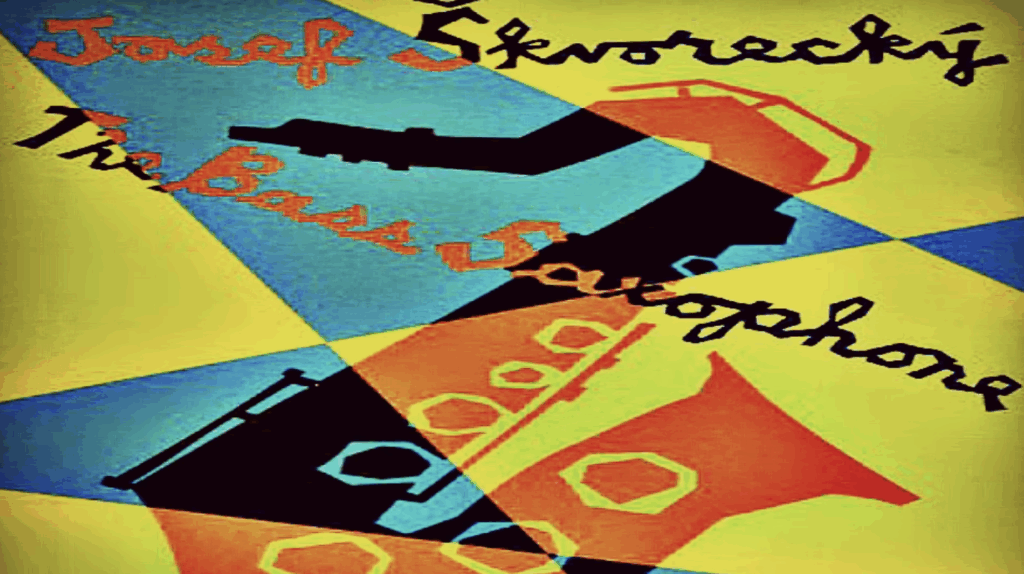
"Long before the rise of European fascism, many American groups expressed extreme fear and agitation over the rise of minority cultural forms."
"By World War II, jazz was intrinsically woven into the fabric of American majority culture, albeit often in versions scrubbed of blues undertones."
"In Nazi occupied Europe, jazz was suppressed; it bore the stigma of impurity, innovation, and passion—all qualities totalitarians frown on."
"Josef Skvorecky experienced the Nazis' control-freak hatred of jazz, recounting bizarre regulations issued by a Gauleiter in his novella The Bass Saxophone."
During the early 20th century, the rise of jazz triggered significant racial panic and social anxiety among many American groups. Jazz became deeply ingrained in American culture by World War II, though often modified to stray from blues roots. Conversely, in Nazi-occupied Europe, jazz faced repression as it was associated with qualities deemed undesirable by totalitarian regimes. Czech writer Josef Skvorecky detailed the bizarre regulations imposed on jazz in Nazi Germany, which reflected the regime's disdain for cultural innovation and minority expressions.
Read at Open Culture
Unable to calculate read time
Collection
[
|
...
]